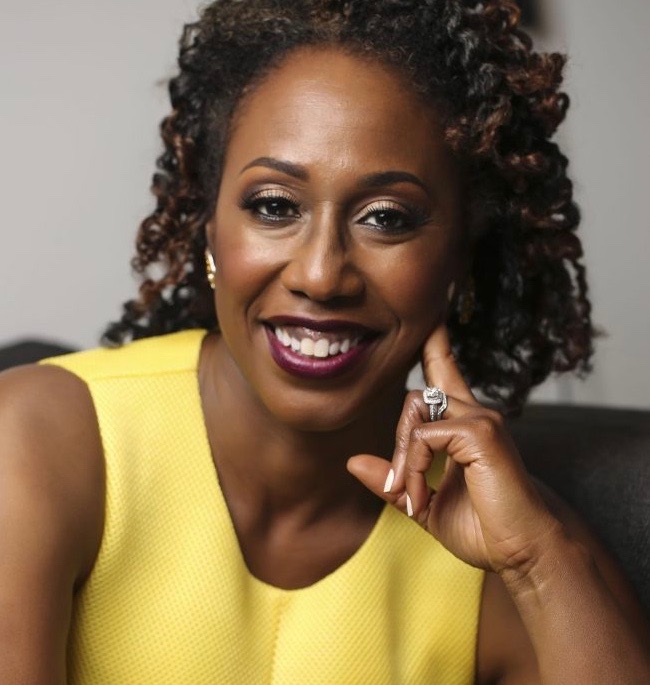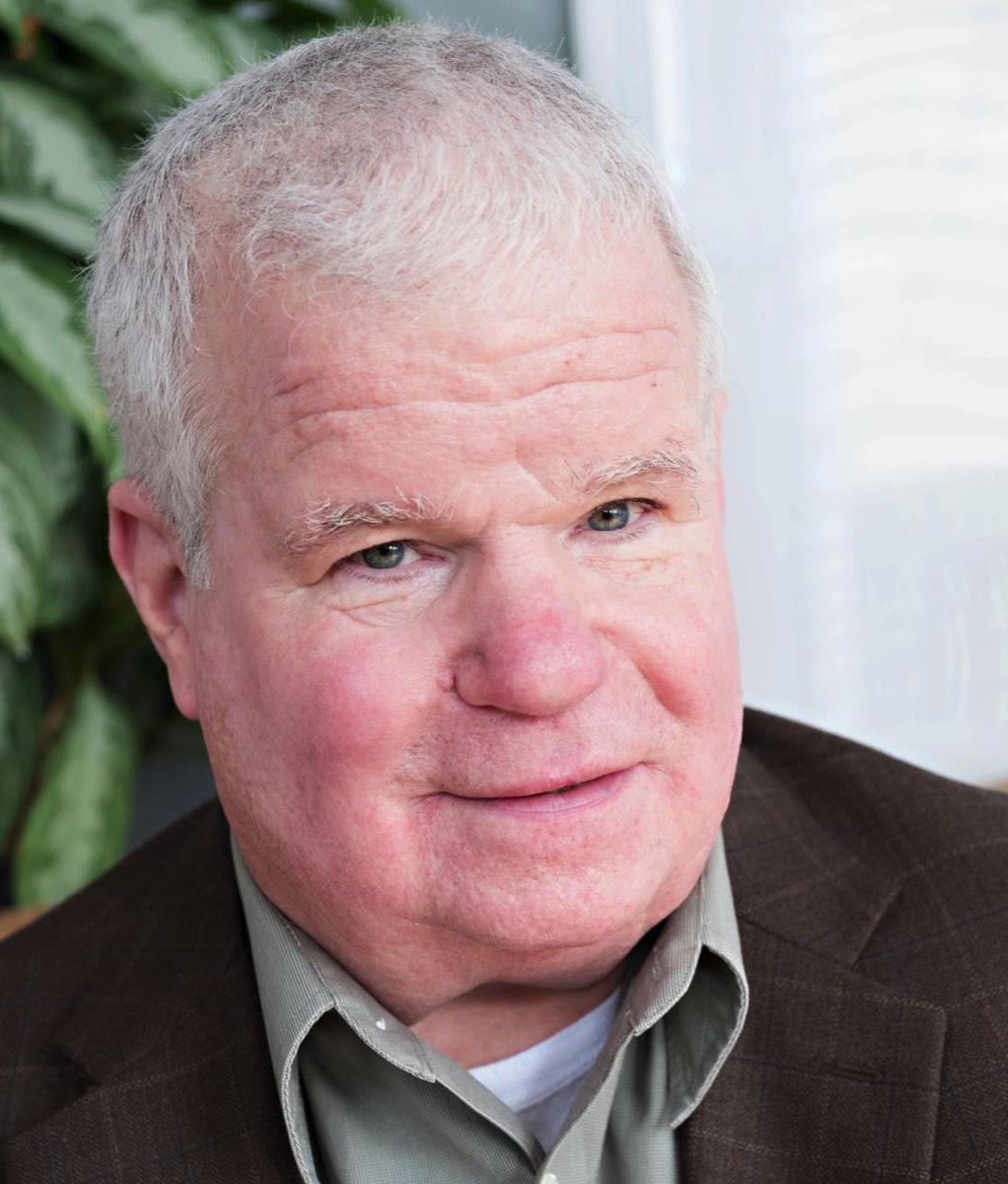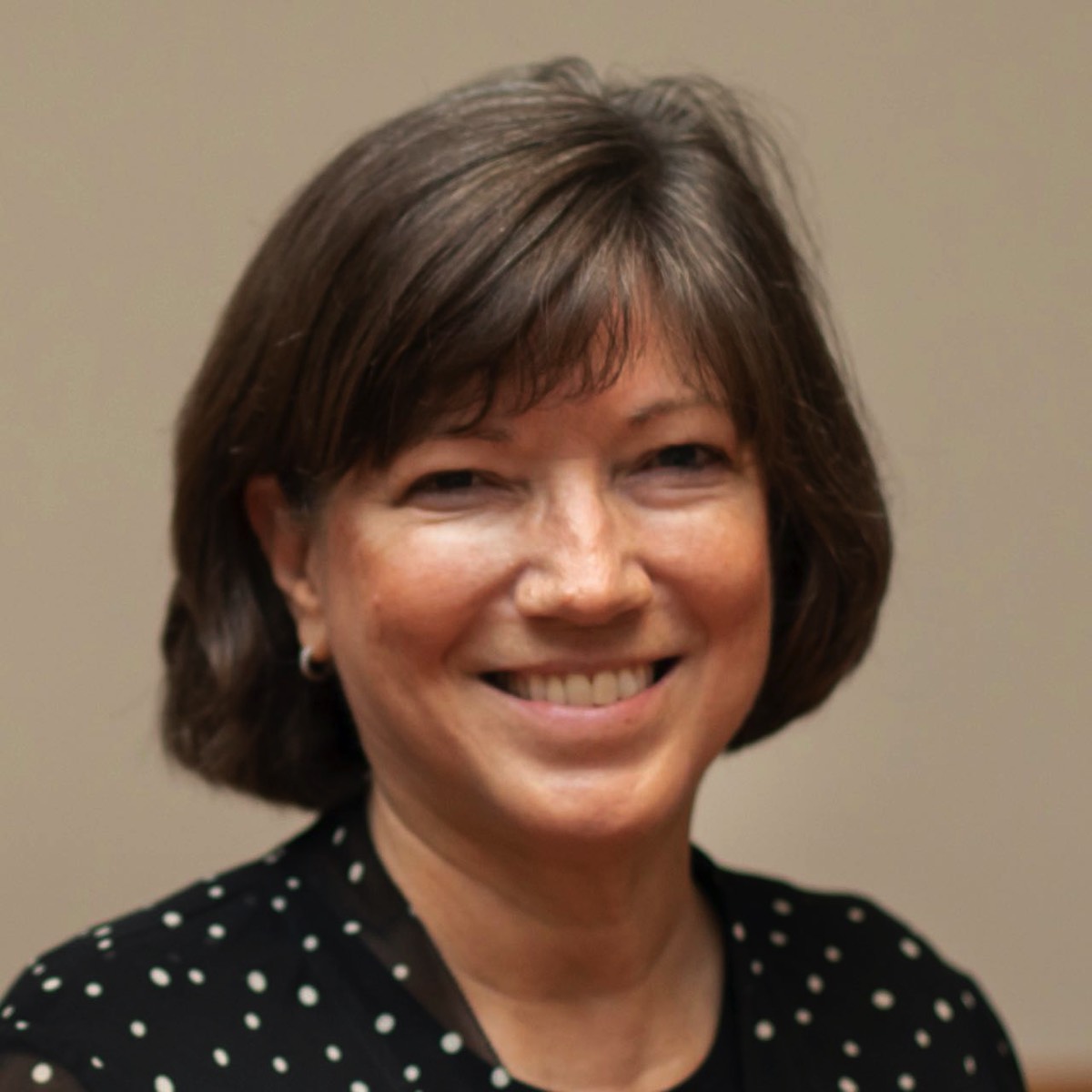
ABOUT US
Our Board

Scott Garber
Author of White as Sin / Pastor-at-Large, Bridgeway Comm. Church

Michele Roseman
Author of Hairlooms / Speaker / Journalist

Michael Belarmino
Senior Policy Advisor, Government Finance Officers Assoc. / Attorney

Rodney Carter
Banking and Finance Executive / Christian Therapist

David Rippey
Retired Leadership Consultant to Corporations and Nonprofits

Cynthia Garber
Government Budget Analyst/ Former Missionary
Our History
in late 2017 writer Scott Garber was reviewing an as-yet unpublished draft of his book, White as Sin. In the book he called for white Christians to engage in racial redress—bringing justice to bear on injustice in the form of compensation for the historic disadvantages endured by African Americans on account of racial haughtiness. Convinced that the call to action was justified but concerned that few people would know how to actually carry it out, Scott began looking for organizations that could help in this process. He couldn't find any.
Yes, there were plenty of non-profits to which people could give that were doing fine work within the black community. But there was no practical way for donors to communicate with the end recipients about the moral rationale that prompted them to give, and that limited the value of the giving as an expression of redress and as an invitation to reconciliation.
What was needed was an organization that offered a level of anonymity for the donor, that was capable of communicating the ethos behind the redress, and that could put together sufficient funding to make a statement about real racial equality. Scott felt as if it would be irresponsible to call on people to do something without any practical means by which to carry it out. And, as a result, Overcoming was born.
Yes, there were plenty of non-profits to which people could give that were doing fine work within the black community. But there was no practical way for donors to communicate with the end recipients about the moral rationale that prompted them to give, and that limited the value of the giving as an expression of redress and as an invitation to reconciliation.
What was needed was an organization that offered a level of anonymity for the donor, that was capable of communicating the ethos behind the redress, and that could put together sufficient funding to make a statement about real racial equality. Scott felt as if it would be irresponsible to call on people to do something without any practical means by which to carry it out. And, as a result, Overcoming was born.
Our Mission
The mission of Overcoming is threefold:
• Education: Telling the truth about America's racial history and making the case for redress as an essential element of racial reconciliation.
• Advocacy: Promoting genuine racial equality and recognizing those who are doing exceptional work in both racial justice and healing.
• Redress: Serving as an aggregator of funding for racial redress. Overcoming pools the contributions of people who are concerned about the legacy of racial haughtiness and their own association with it. On the other side of the ledger, Overcoming grants those funds in sizable chunks to its collaborating organizations. Those organizations, in turn, help people in minority communities overcome the disadvantages that have resulted from racial haughtiness. They also ensure that the end recipients of our assistance are aware of the moral ethos behind Overcoming's involvement. We are not providing an opportunity to engage in mere compassion from an elevated perch in the racial hierarchy; rather, we are providing a mechanism by which people can redress historic injustice and promote racial healing.
• Education: Telling the truth about America's racial history and making the case for redress as an essential element of racial reconciliation.
• Advocacy: Promoting genuine racial equality and recognizing those who are doing exceptional work in both racial justice and healing.
• Redress: Serving as an aggregator of funding for racial redress. Overcoming pools the contributions of people who are concerned about the legacy of racial haughtiness and their own association with it. On the other side of the ledger, Overcoming grants those funds in sizable chunks to its collaborating organizations. Those organizations, in turn, help people in minority communities overcome the disadvantages that have resulted from racial haughtiness. They also ensure that the end recipients of our assistance are aware of the moral ethos behind Overcoming's involvement. We are not providing an opportunity to engage in mere compassion from an elevated perch in the racial hierarchy; rather, we are providing a mechanism by which people can redress historic injustice and promote racial healing.
How We Work with Others
Would your organization like to collaborate with Overcoming and receive funding for programs directed into disadvantaged communities? Collaborating organizations are eligible to receive Overcoming grants and are expected to:
1. Furnish information about the nature of their programs and the profile of their beneficiaries.
2. Confirm the receipt of funds as received and on an annual basis.
3. Direct Overcoming funding to an overwhelmingly or exclusively minority demographic.
4. Facilitate the communication of Overcoming's ethos to the end recipients of our funding.
_____________________________________________________________________________________________
To contact Overcoming about becoming a collaborating organization CLICK HERE.
1. Furnish information about the nature of their programs and the profile of their beneficiaries.
2. Confirm the receipt of funds as received and on an annual basis.
3. Direct Overcoming funding to an overwhelmingly or exclusively minority demographic.
4. Facilitate the communication of Overcoming's ethos to the end recipients of our funding.
_____________________________________________________________________________________________
To contact Overcoming about becoming a collaborating organization CLICK HERE.